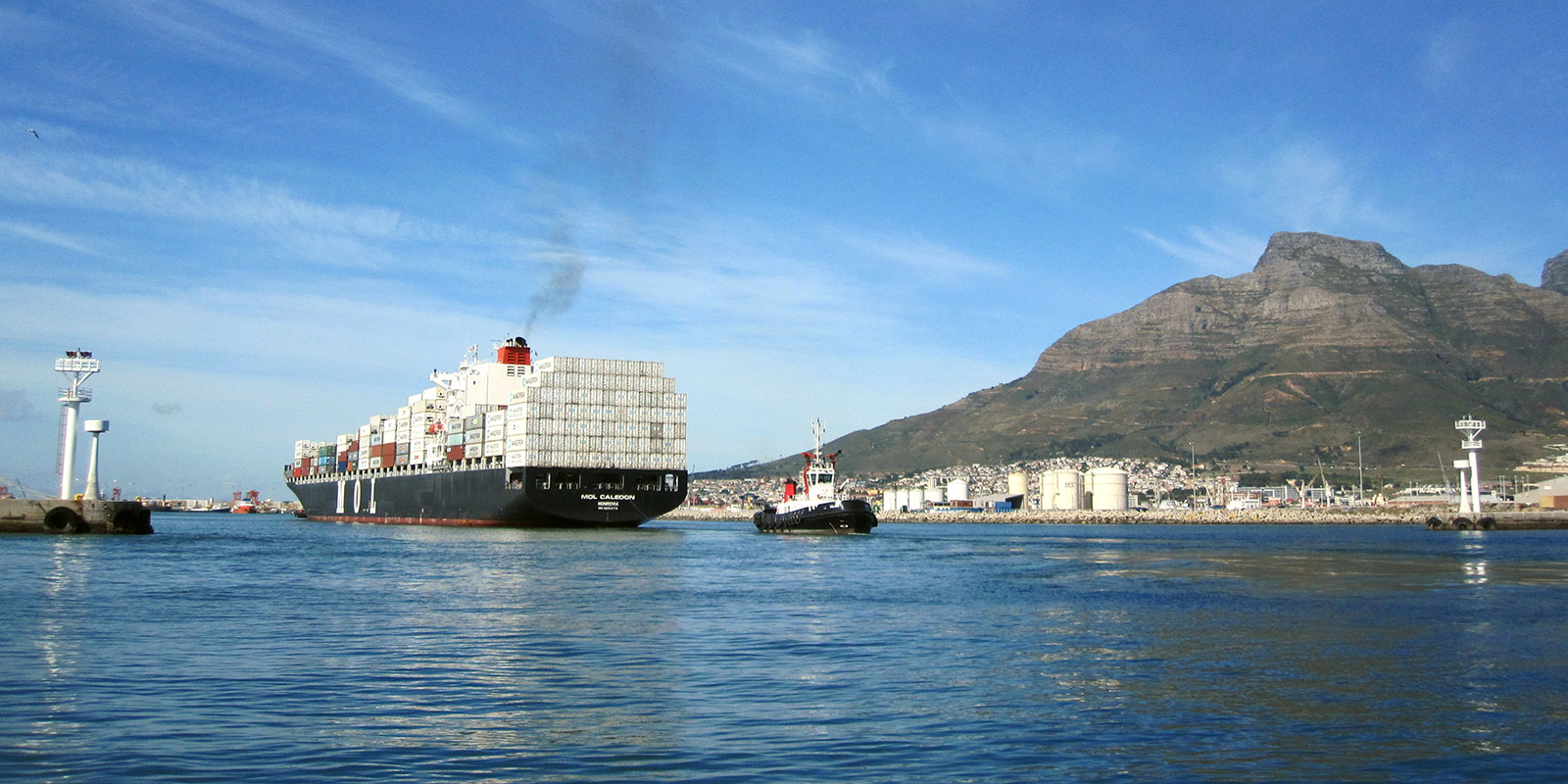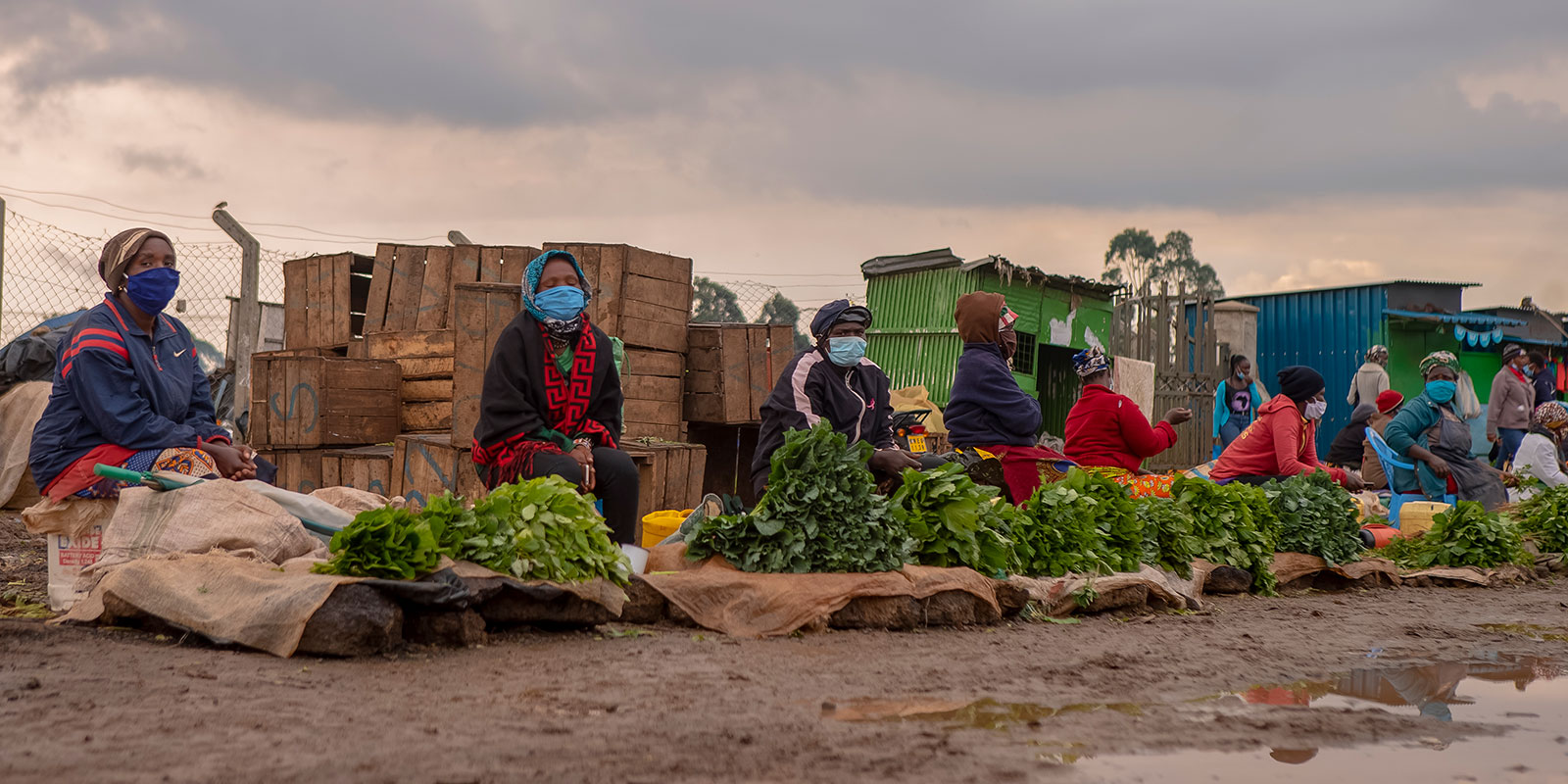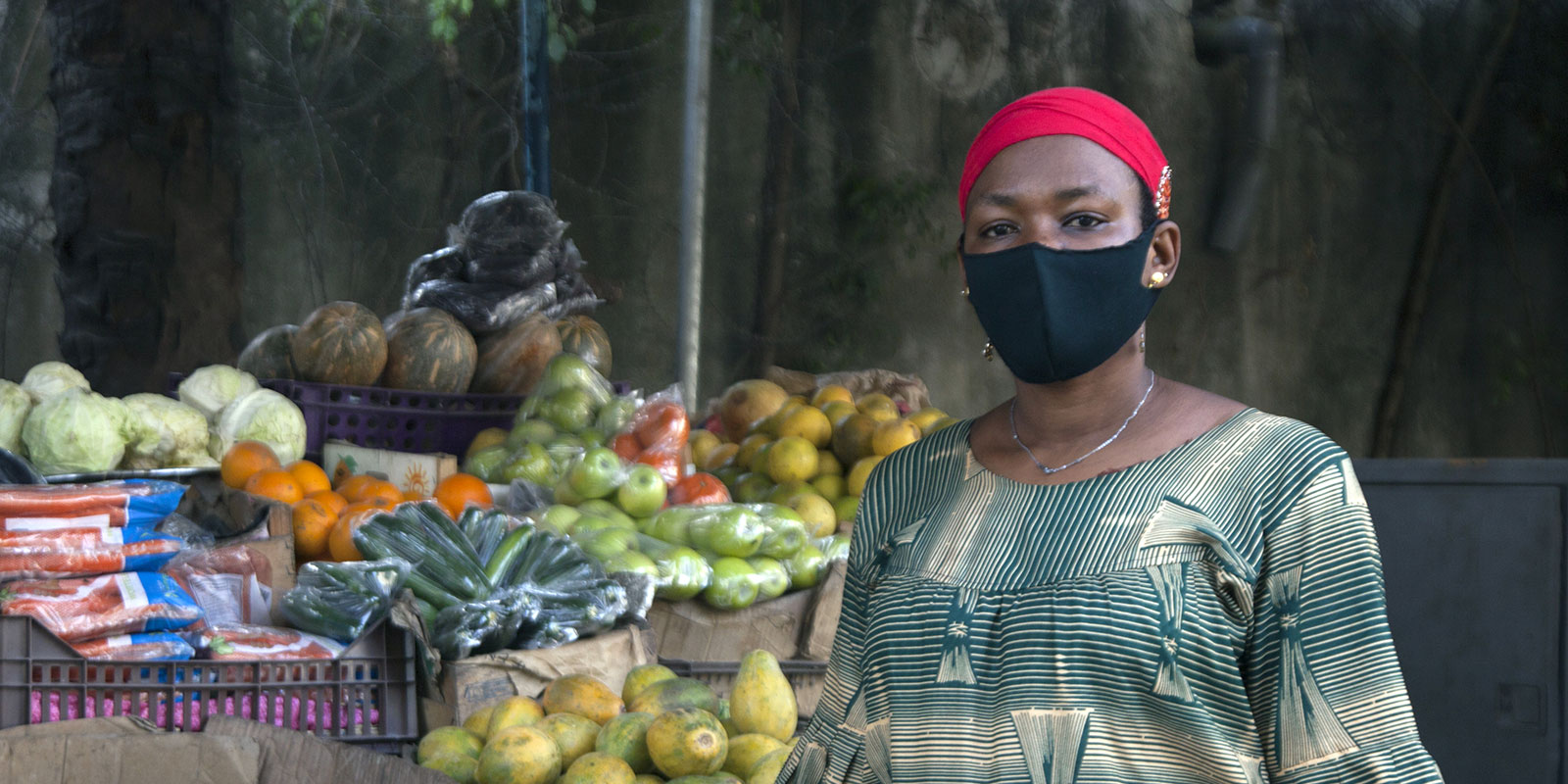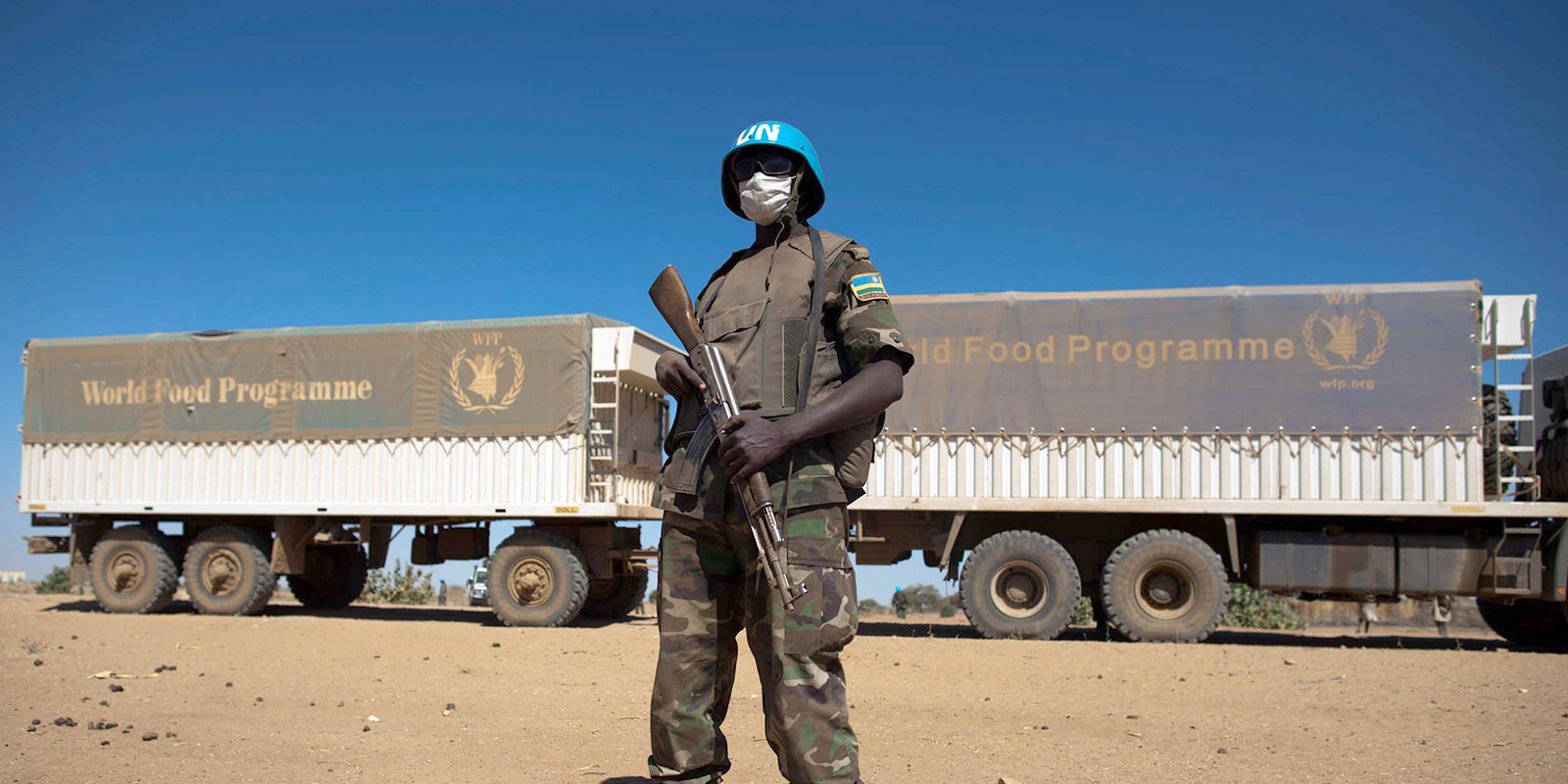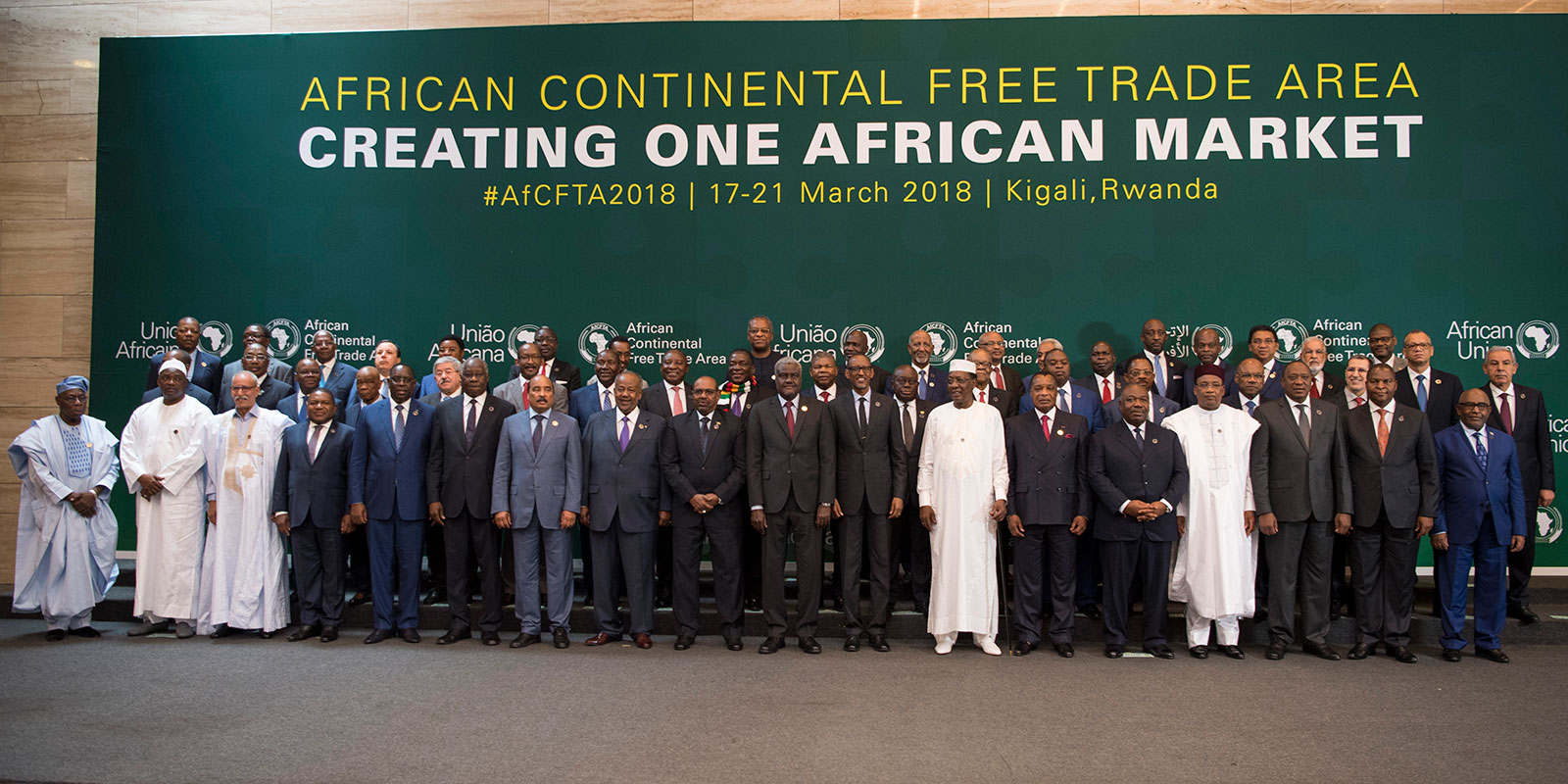Our last issue of the Monitor for 2020 focuses on the socio-economic impact of COVID-19, with a feature piece by the secretary-general of the African Continental Free Trade Area (AfCFTA), H.E Wamkele Keabetswe Mene, who argues that the AfCFTA will be one of Africa’s post-COVID-19 recovery tools.
We also feature the executive director of the World Food Programme (WFP), Dr David Beasley, who calls for more action as the toxic combination of conflict, climate change and COVID-19 threatens to push millions of people to the brink of starvation.
Nadira Bayat and Dr David Luke from the United Nations Economic Commission for Africa (UNECA) argue that the implementation of the AfCFTA should be regarded as another avenue to further the agenda to drive women’s economic empowerment. The edition ends with an article by Owen Mangiza and Dr Joshua Chakawa on the socio-economic effect of COVID-19, and the coping mechanisms of people in cross-border communities in Chipinge, Zimbabwe.

